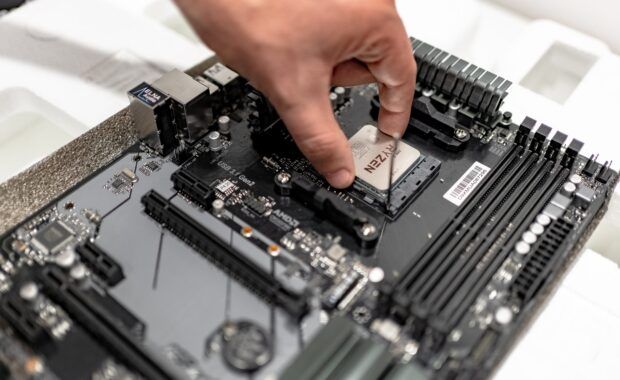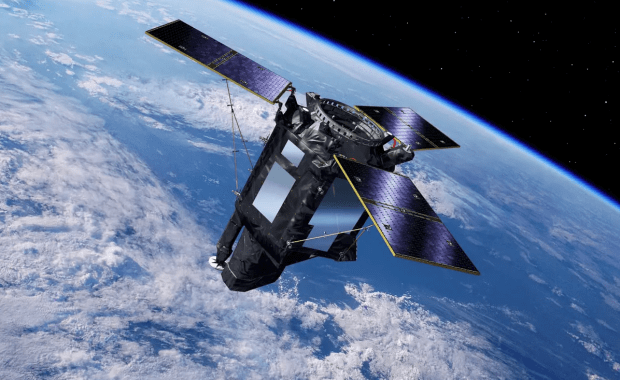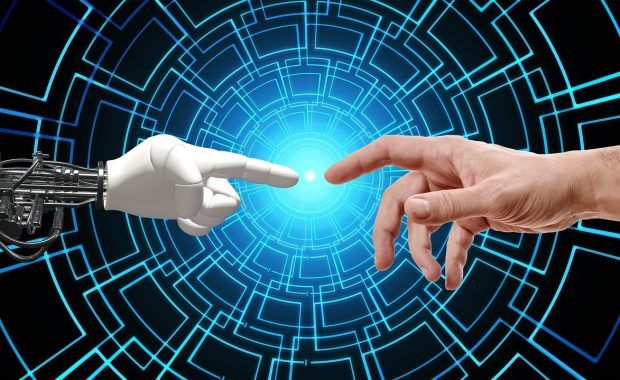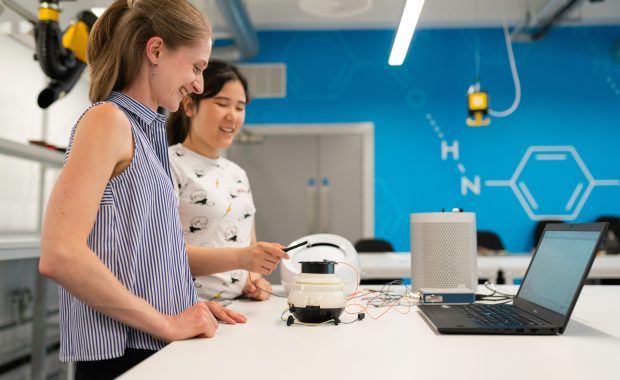Parliament adopted its negotiating position on new measures to strengthen the right to repair and reduce the environmental impact of mass consumption. On last Tuesday, Parliament adopted its position on a stronger “right to repair” for consumers, with 590 votes in favour, 15 against, and 15 abstentions. The proposal aims to encourage more sustainable consumption, […]
Read MoreCommission sends request for information to Amazon under the Digital Services Act
The Commission calls on Amazon to provide more information on the measures it has taken to comply with obligations related to risk assessments and mitigation measures to protect consumers online. The European Commission today officially sent Amazon a request for information under the Digital Services Act.The Commission calls on Amazon to provide more information on […]
Read MoreCommission opens access to EU supercomputers to speed up artificial intelligence development
The Commission and the European High-Performance Computing Joint Undertaking (EuroHPC JU) committed to open and widen access to the EU’s world-class supercomputing resources for European artificial intelligence (AI) start-ups, SMEs and the broader AI community as part of the EU AI Start-Up Initiative. To support the further development and scalability of AI models, access to […]
Read MoreParliament backs plans for better access to, and use of, data
The “Data Act”, already agreed between MEPs and member states, aims to stimulate innovation by eliminating barriers to data access. The new legislation establishes rules on the sharing of data generated through the use of connected products or related services (e.g. the Internet of Things, industrial machinery) and allows users to access the data they […]
Read MoreCommission sends requests for information to TikTok and YouTube under the Digital Services Act
Yesterday, the European Commission has formally sent TikTok and YouTube requests for information under the Digital Services Act (DSA). The Commission is requesting the companies to provide more information on the measures they have taken to comply with their obligations related to protection of minors under the DSA, including the obligations related to risk assessments […]
Read MoreThe EU wants to reinforce its role as a benchmark in the space industry
The Spanish presidency of the Council aims to make further progress in achieving a European policy in the field of space and to specify and strengthen the role of the European Union as a benchmark in the space industry. During this presidency, Council Conclusions are sought to be adopted on space traffic management (STM), a […]
Read MoreWill AI robots take middle-class jobs?
According to political theorist Tom Parr, only some will find themselves out of a job thanks to AI – but many more of us will have to accommodate its new role in our own work. Our newsfeeds are filled with talk about the rapid rise of artificial intelligence (AI) in software such as ChatGPT and […]
Read MoreEU regions where more women are employed in the high-tech industry
High-technology sectors are considered key drivers of economic growth and productivity and often provide well-paid employment opportunities. In 2022, there were 9.8 million people employed in high-technology sectors across the EU, corresponding to 4.9% of the EU’s total employment. The gender representation in this sector sees men accounting for just over two-thirds (67.2%) of the total. […]
Read MoreNew EU rules needed to prevent digital platforms from becoming so addictive
MEPs raise alarm over the addictive design features of certain digital services and call for fostering ethical design by default. On Wednesday, the Internal Market and Consumer Protection Committee adopted a draft report (with 38 votes in favour, none against and 1 abstention) warning of the addictive nature of certain digital services, such as online […]
Read More








